Dessa bilder är från en fotosession med Björn Falkevik. Ni hittar honom på Instagram på bjornfalkevik, på Twitter som bjornfalkevik och på webben på socialvideo.ninja.
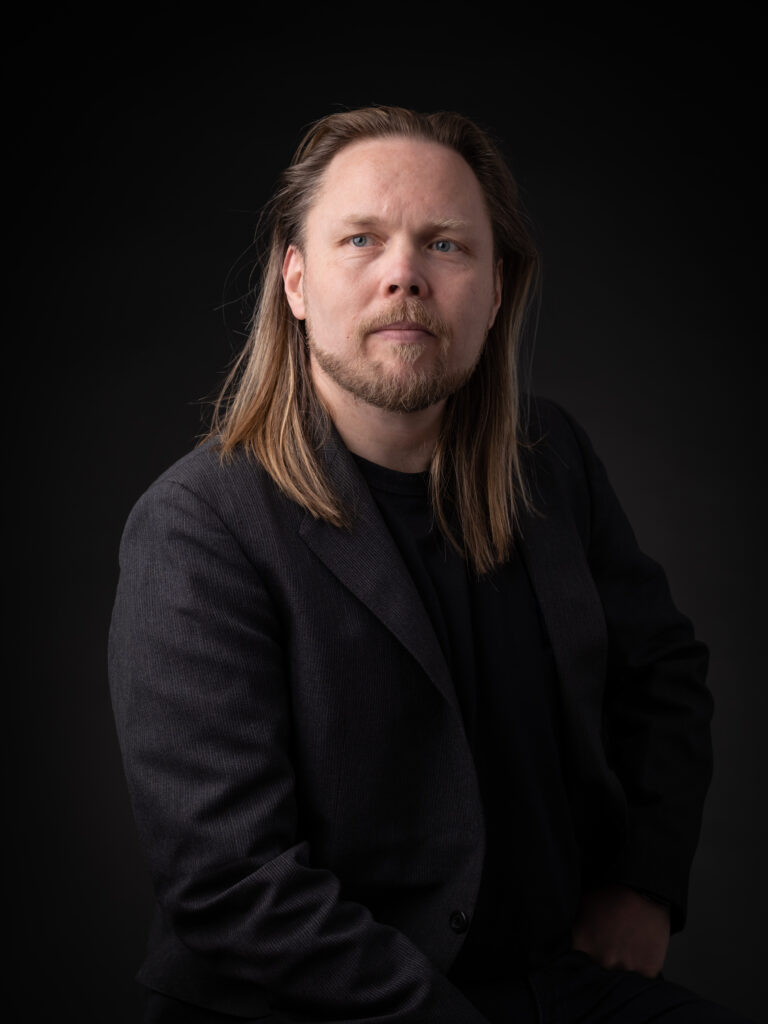
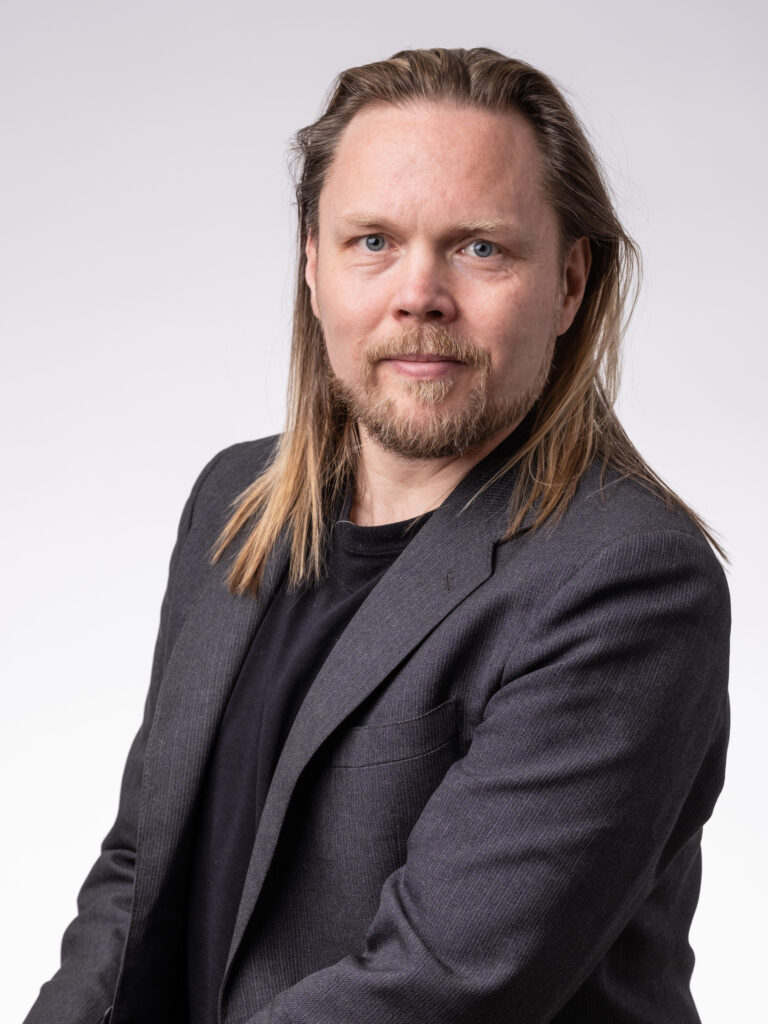
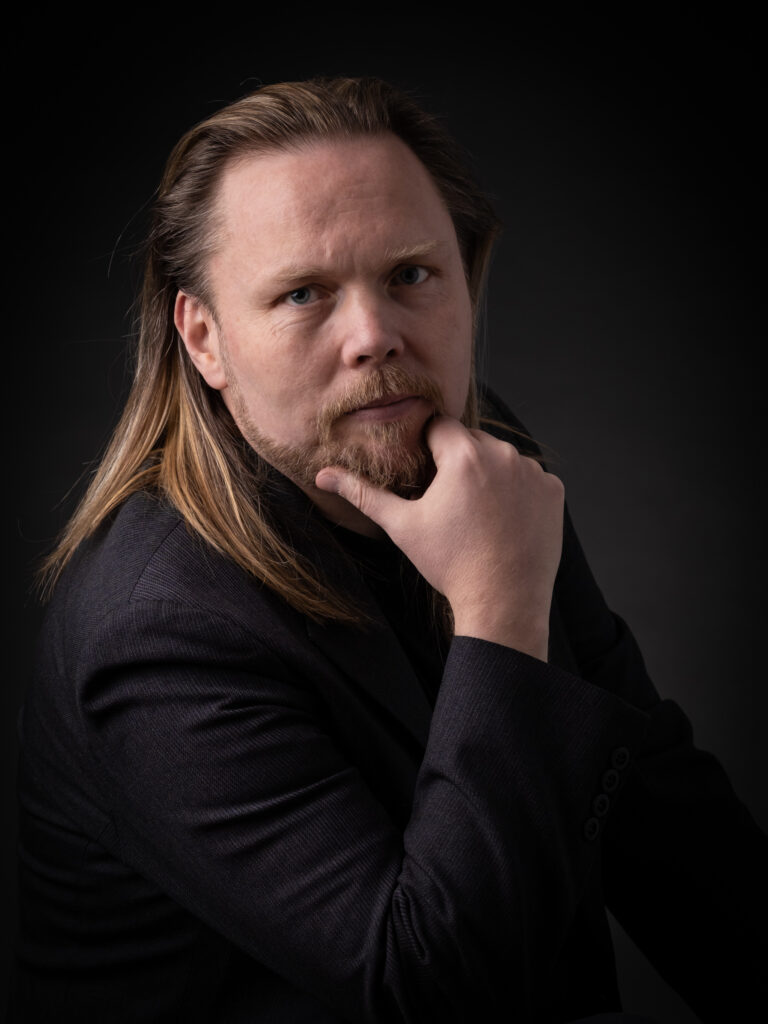
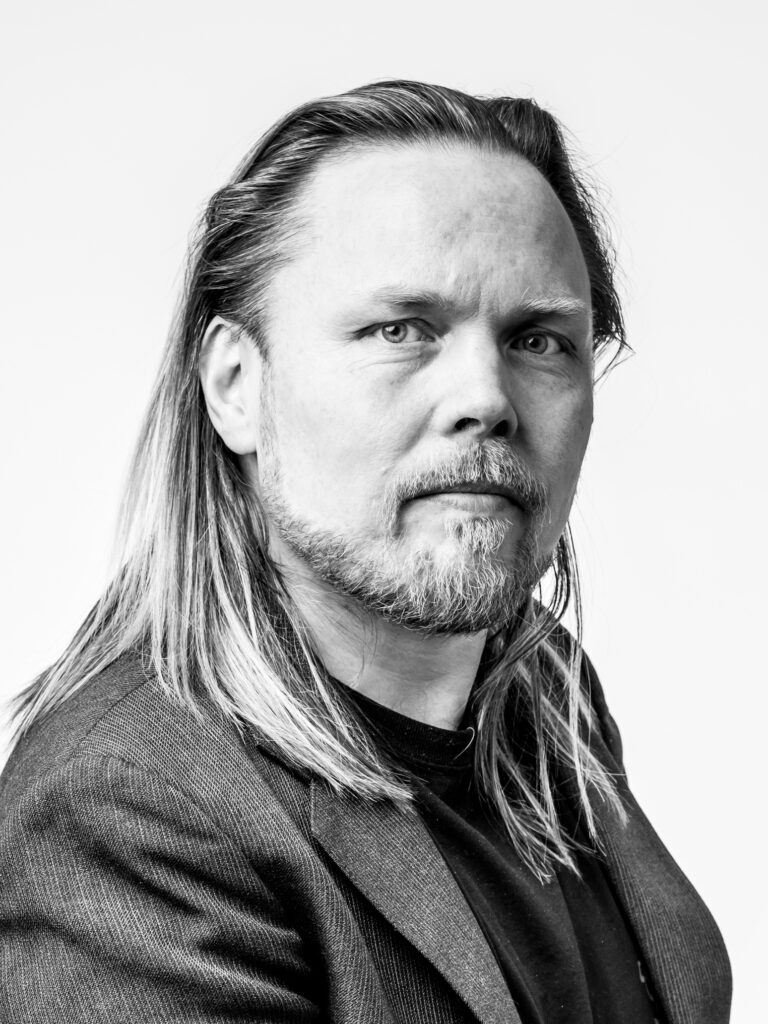
funderingar från mig
Dessa bilder är från en fotosession med Björn Falkevik. Ni hittar honom på Instagram på bjornfalkevik, på Twitter som bjornfalkevik och på webben på socialvideo.ninja.




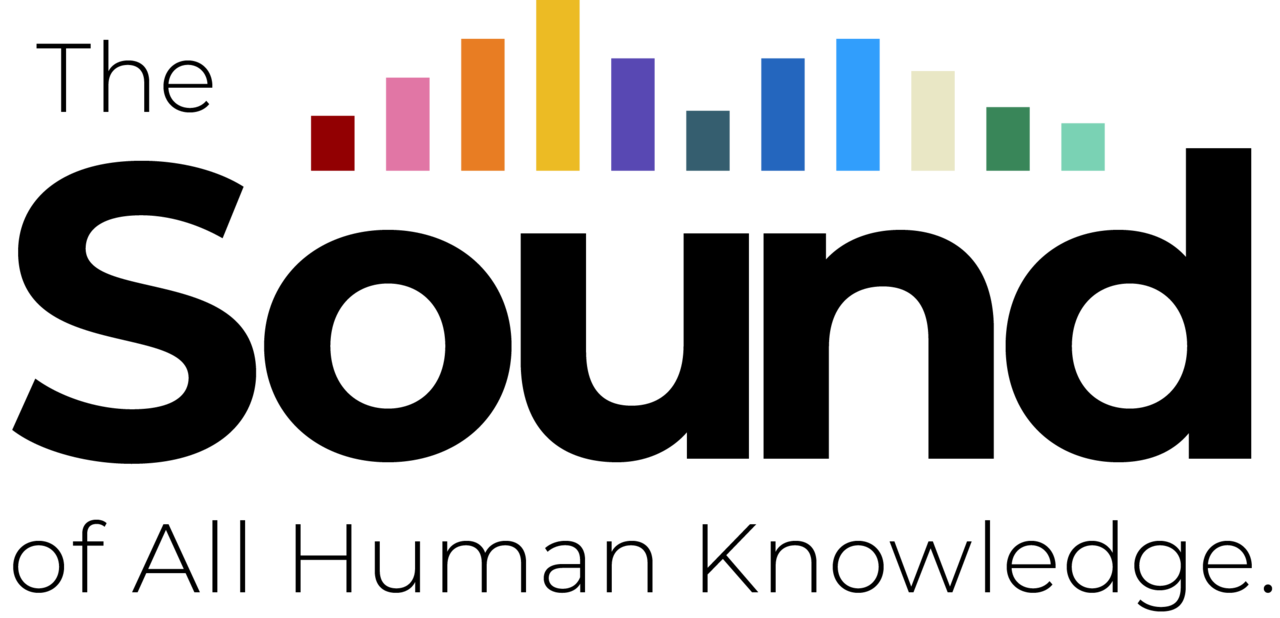
Due to the rise of voice assistants of different kinds, Wikimedia Foundation decided to get a sound logo, and following a long-standing tradition, this was made as a contest. It was opened in September last year and ran until October. They received 3,235 submissions from 2,094 participants in 135 countries. Then in December, after preselection down to 10 finalists by a committee, there was a community vote.
I thought it was a fun challenge, and I also have some recording capabilities thanks to the podcast I am hosting. So after a bit of tinkering, I managed to make two submissions.
Now, while it was fun, I don’t think I was even near being a finalist. Those ten were in another league, all excellent.
And now in March, the winner has been presented, and I like it a lot, especially the tones in the end. Which word do you think it resembles?
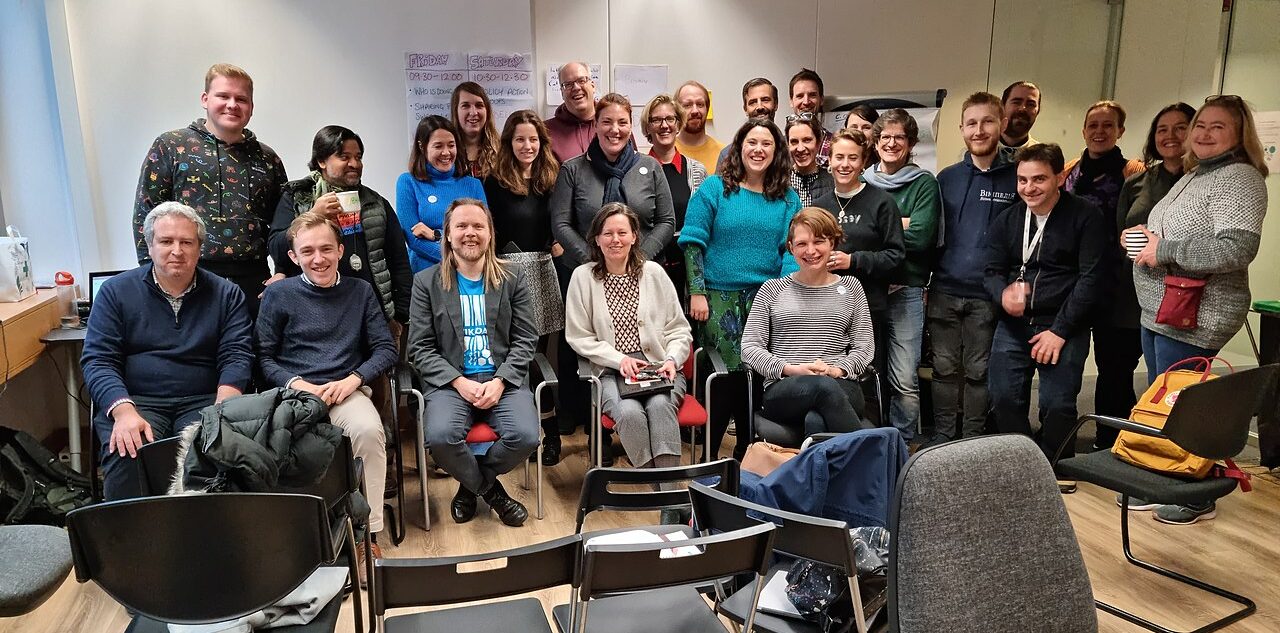
The Big Fat Brussels Meeting is an opportunity for Wikimedians, mainly from Europe, interested in how public policy may affect the Wikimedia movement to get together and collaborate. I have been to these before and, as usual, it was both productive and inspiring. In particular, I led the discussion around what we first, very ambitiously, called PD Gov (as in government material should be public domain), but later crystallized to something much more narrow and easier to work on.
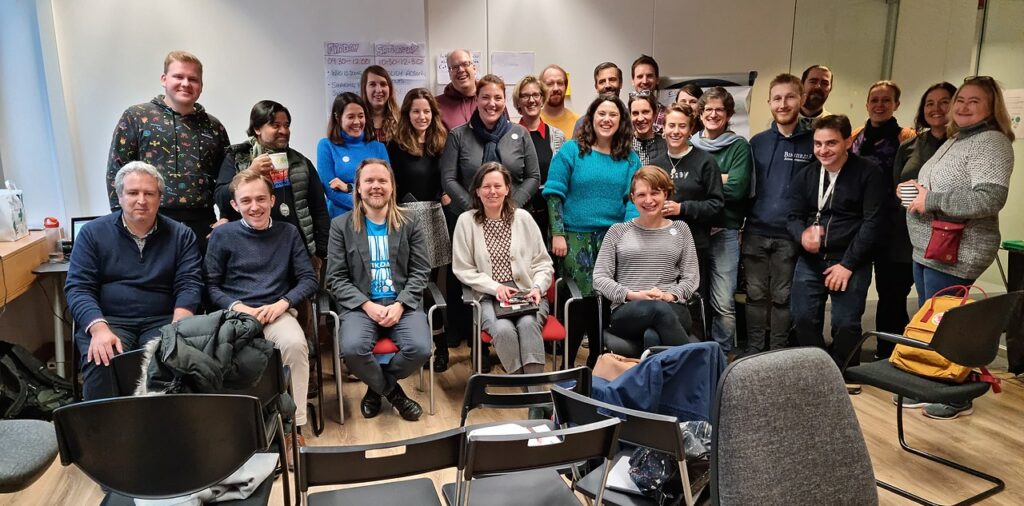
Since 2011, there is the 2011/833/EU: Commission Decision of 12 December 2011 on the reuse of Commission documents which is already quite good and has led to clarity around of a lot of the content created by the European Commission. During the meeting, we thought it would be a good first step to try to get this decision widened, to apply to all the European institutions. By doing that, we don’t need to come up with new policy language that needs new arguments. Instead, we can simply argue for consistency and to reuse the reuse policy. This would still be a considerable win, as a lot of relevant material is created by the European Parliament and especially their Research Service. Do reach out to me if you want to help work on this.
Besides partaking in the meeting activities, I also managed to record three short interviews that are now available as podcast episodes on Wikipediapodden.
The first one is with Dimitar Parvanov Dimitrov and focuses on the meeting itself: Episode 205 – big fat advocacy.
The second is with Franziska (Ziski) Putz and focuses on #advocacy in the Wikimedia movement: Episode 206 – managing advocacy.
The third one is with Gonçalo Themudo and focuses on Wikimedia Europe, the newest entity in the movement: Episode 207 – meet Wikimedia Europe.
A few days ago I was guest appearing in the podcast Sustain OSS. It was an energizing conversation with Richard Littauer and Justin Dorfman, and we honestly probably could have continued for several hours. We mostly discussed my work at the Foundation for Public Code and the Standard for Public Code we have developed and that I work on, and with, daily. But we also got into talking about Wikipedia, the movement and some of the bot creation initiatives we have seen.
I really enjoyed the conversation and hope I get the chance to speak with them again sometime. As they are deep in the know of the field of work, they asked just the right questions that we are also thinking about which made this more than just a shallow presentation of who we are. I guess the only thing we really didn’t get into much is how we are funded which is possibly not the most interesting conversation for everyone, but as a non-profit working for the common good is something we are always eager to explore. That being said, I think that the conversation will give anyone who listens to it a better sense of what I do at work and why I am passionate about it.
From a podcast producer point of view, I was also impressed by the process they applied. All the way from getting in contact, having guiding documents, gathering information needed for the shownotes to checklists for the recording, it was a great experience as a guest. I guess the only downside was that very few of the tools they used (that I saw) were open source solutions. Now, for remote multitrack recording, there aren’t many alternatives, that is something I am also sadly aware of, but for simple collaborative document editing there are plenty of options. If some of those services are switched, it will be an even more pleasant experience to be a guest in the future!
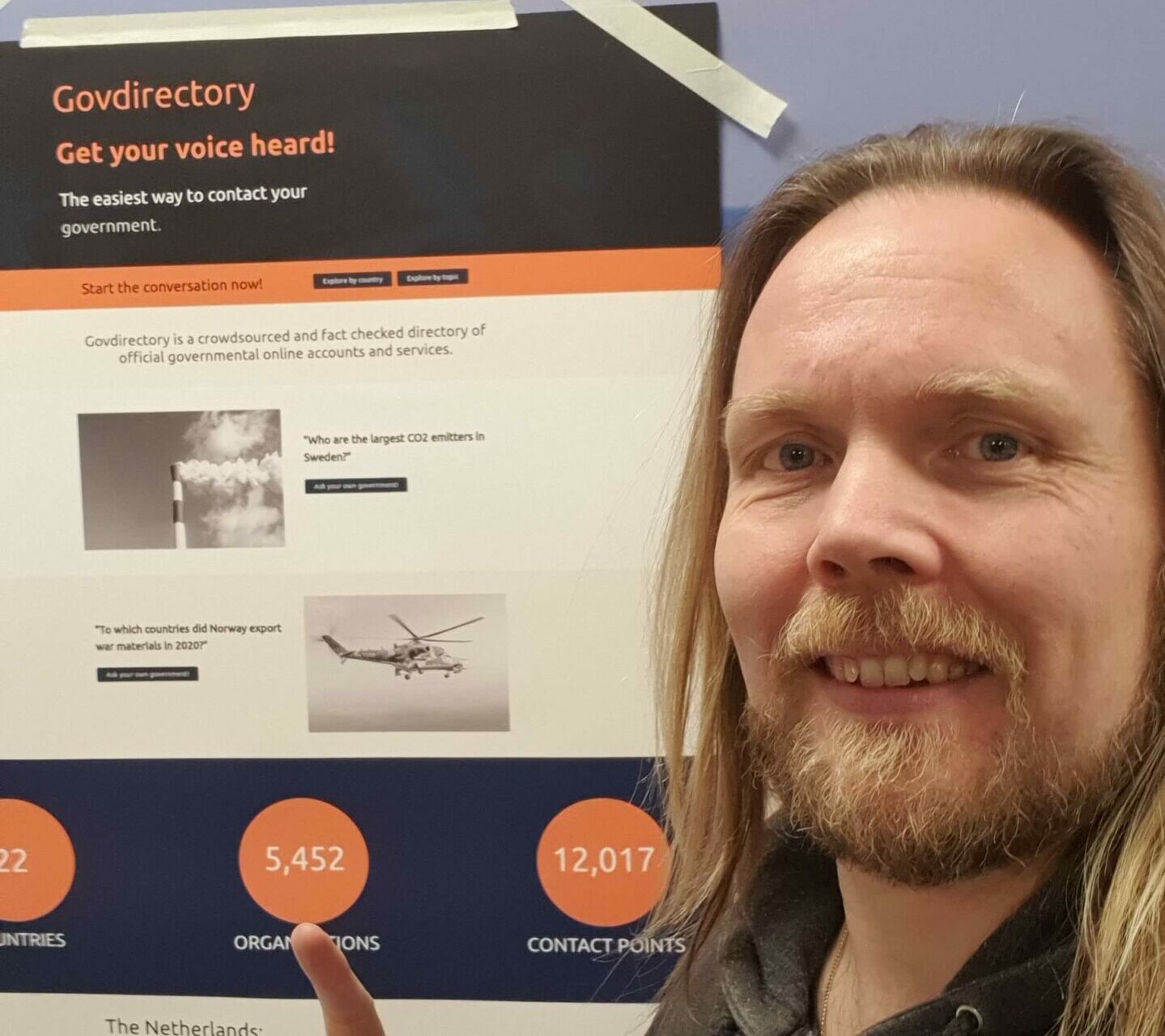
I had the joy to participate in my first ever WikiConNL two weeks ago. It was a really good day and I turned out to be more busy than I initially anticipated. The conference was fairly well attended and had four parallel tracks so it almost felt like a mini Wikimania. Luckily for me, only one track was in English so when I wasn’t part of something myself, I wasn’t paralyzed by Fear Of Missing Out.
This was the main reason I attended, a long session that targeted newcomers and external organizations. I based it on a previous session I had made with Alex Stinson, and also borrowed a few slides from one of Daniel Mietchen’s presentations. Besides the introductory presentation to get the participants up to speed, we had a discussion and then an entirely new exercise. This was a novel thing that I recently came up with (inspired by the ever so thought-provoking Michael Peter Edson).
The exercise works like this, everyone pairs up and then in turn tell the other person what issue in sustainability they are most passionate about. When both have had the chance to share, it is up to each to find an article on Wikipedia that best matches that interest. Lastly, both persons add both the found articles to their watch list.
The idea is that this is a low stake, low friction action that can start their journey into the Wikimedia movement. They get something concrete to act on, without the risk of messing up some of the policies, and also makes a mental commitment by putting something on their list.
WikiSpeedRuns is a fun game format where the idea is to, as quickly as possible, navigate between two articles. After a qualification round, I made it to the semi-final, but ended on a shared third place.

With the signing, I was invited on stage to briefly explain what it was about. I think this was my entire speech:
In a nutshell, the Sustainability Covenant is like the Paris Agreement for the Wikimedia movement. With this signing, we agree towards each other to take actions. The actions are in broad strokes; drastically reduce our emissions, improving the coverage of the climate crisis on Wikimedia projects and to share our learnings on this journey with each other.

I am thrilled about Wikimedia Nederland signing this, and I would like that more affiliates signed it too. I am a bit ashamed that Wikimedia Sverige hasn’t done this yet. Perhaps I need to make a motion for the general assembly…
Our first poster session. While I am happy with the design, only when I saw it on the wall I noticed that I forgot the link to govdirectory.org. Unfortunately, during the day the poster session was placed a bit off the main action, but later it was moved nearer to where the crowd gathered.
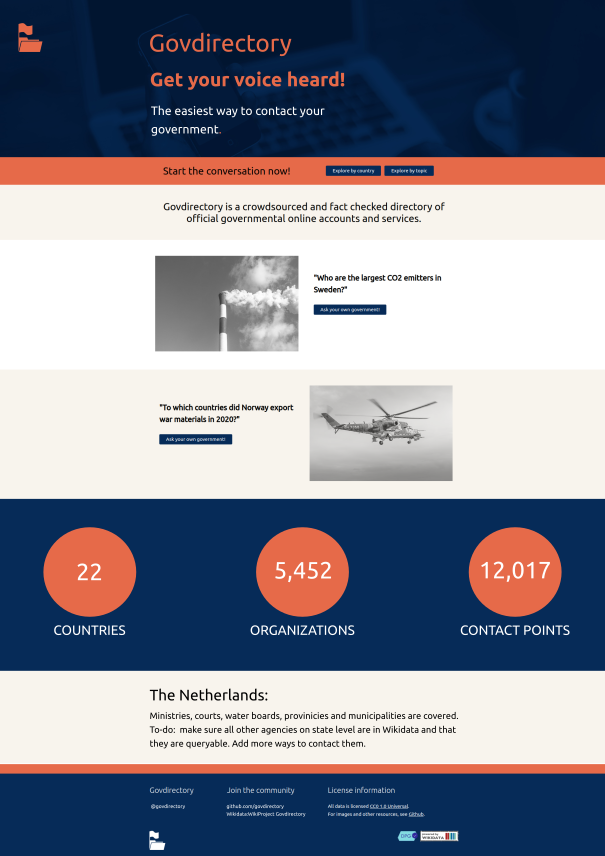
As I mentioned earlier I had created my first user script on the mini hackathon and got to show it in the showcase. It seemed to get a good reception, and the nested query got on “Ooh!” from the audience. There were also other great tools in the showcase.
I also had the chance to participate in the audience in some sessions.
This session was really moving. It was humbling to hear how the Wikimedians in Ukraine continued to edit through all their hardships.
This was an unscheduled short talk that was taking the place when a remote speaker had problem with the internet. I was a bit surprised they are going for a system with the office in Brussels and the general assemblies in Prague. After working in the European Parliament, I have seen the downsides of having to travel for the voting sessions first hand.
This was a great short talk by Lukas Mezger. Lukas has mastered the skill of creating a sense of urgency and have spent a long time finding the facts about our movement. This meant that this was the perfect talk to have just before the signing of the Covenant.

Two weeks ago, I participated in the mini hackathon in Utrecht. It turned out to be quite productive and I manage to complete four different tasks. But mostly it was fun to meet wikimedians again (and they also served some tasty vegan pastries).
First, I helped improve the map about accused witches to also have colors based on the gender of the accused person. This was done by binding the gender label to a layer. Then I also made a version for Kartographer using colors on the marker symbols.
I have several times created a query to help me understand how a topic is modeled, by exploring which properties have a specific item as a value. There is a gadget that does something very similar to what I had in mind, Easy query. So based on that, I managed to create a user script I called common-properties.js. You can see it used in this video.
Similarly, I have wished for Wikidata Query Service to have Kartographer’s <mapframe> as one of the code examples in the results view. I had even created a Phabricator task for it. With some excellent help from Lucas Werkmeister it resulted in a patch to gerrit. And it has already been merged!
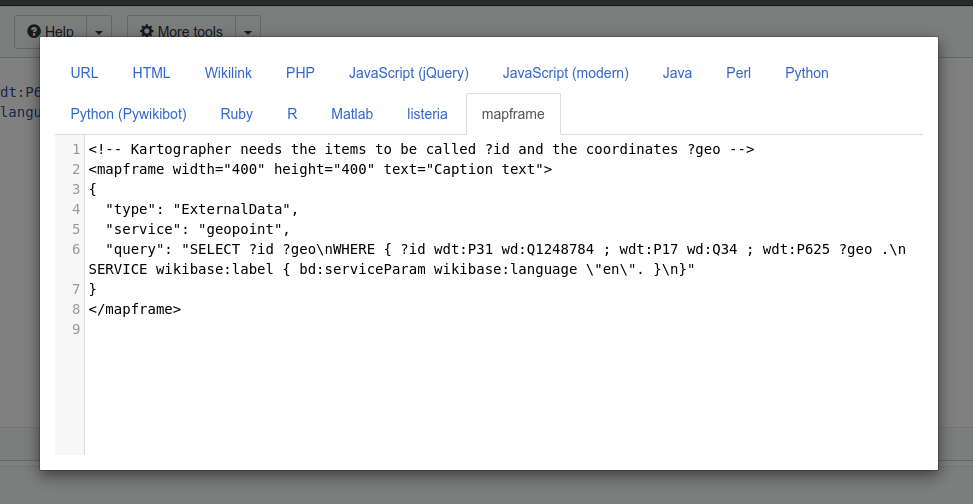
With so many interesting people in one place, I couldn’t resist recording a special episode in English for Wikipediapodden. I talked to Siebrand Mazeland, one of the organizers, about this hackathon and hackathon organizing in general.

Just over two weeks ago, I got the chance to give my first OpenRefine talk in Wikimedia Portugal’s celebrations of the Wikidata tenth birthday. Although Zoom gave me some technical troubles in the start, I think the actual talk went pretty well. You can judge for yourself because the video is published on their YouTube channel (where my struggles luckily has been taken out). It’s a quick walkthrough of the interface and some of the strategies you might have when using OpenRefine. In it, I am doing some cleaning of a dataset and reconcile it with Wikidata and make upload some of the data.
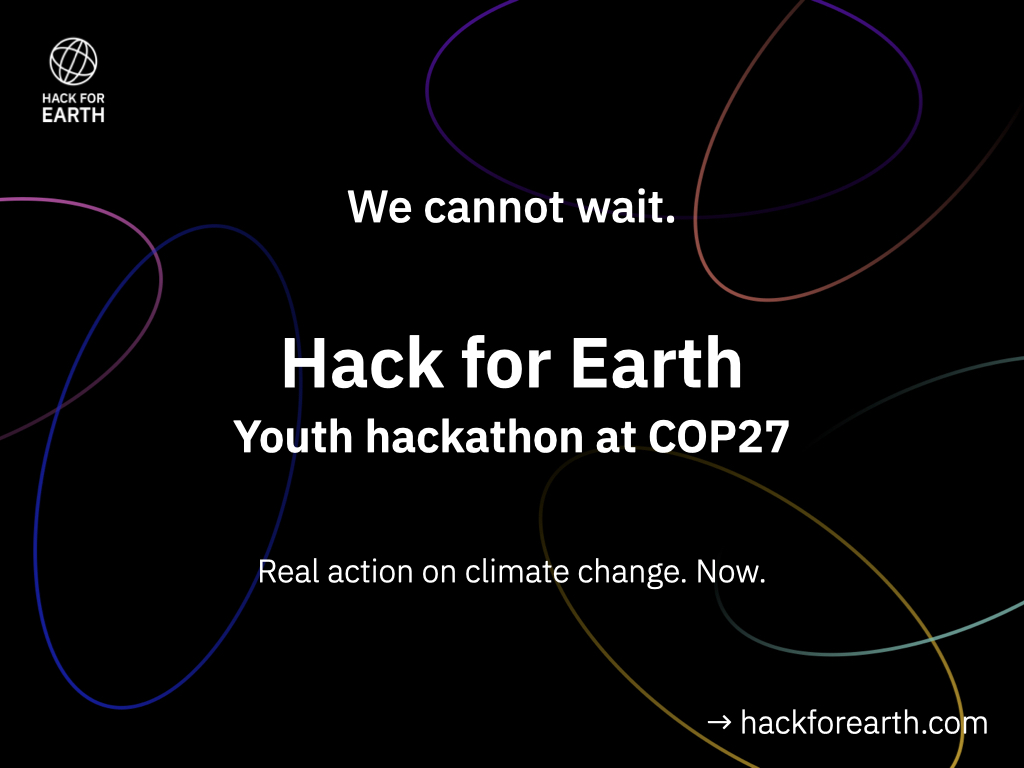
Earlier this week, I had the honor to be a mentor in the Hack for Earth hackathon. I had signed up to be a mentor for open source, open data and anything related to Wikimedia. Unfortunately, I didn’t get any questions that were related to this, but I did get the chance to help some of the participants to find their way around the challenges and the formalities of the contest. And I did get to record a tiny “Hello!” video that got a small spot in the closing ceremony of the hackathon.
I have mentioned Govdirectory before, and even told about the Wikidata community award it received. But today I think I am even a bit prouder, as it was recognized by the Digital Public Goods Alliance by being added to their Digital Public Goods registry. Read our full announcement here.

Planering pågår världen över för Wikidata tioårsdag (29 oktober) och det har annonserats om möjligheter att ansöka om medel för att arrangera lokala evenemang i samband med detta. Det var när ytterligare en sådan påminnelse kom sm jag började fundera om jag skulle dra ihop något här där jag bor, och vad jag i så fall skulle behöva pengar för. En sak som nämndes var att de inte skulle göra någon merchandise centralt och skicka runt i världen, utan istället hade satt ihop grafik så att man skulle kunna göra det själv istället. Eftersom att det fanns fina SVG filer tänkte jag att man skulle kunna göra något snyggt t-shirttryck.

Och då en av bakgrundbilderna hade ett synnerligen grafiskt mönster väcktes idén om en t-shirt med “all over print”. Sagt och gjort, jag laddade också ner loggan, började knåpa och leta leverantörer. Efter en del slit, SVG-filerna var krångligt konstruerade, hade jag i alla fall både print-filer och leverantör. 33 euro och en vecka senare, voilá! Filerna jag använde för att trycka finns på Wikimedia Commons.
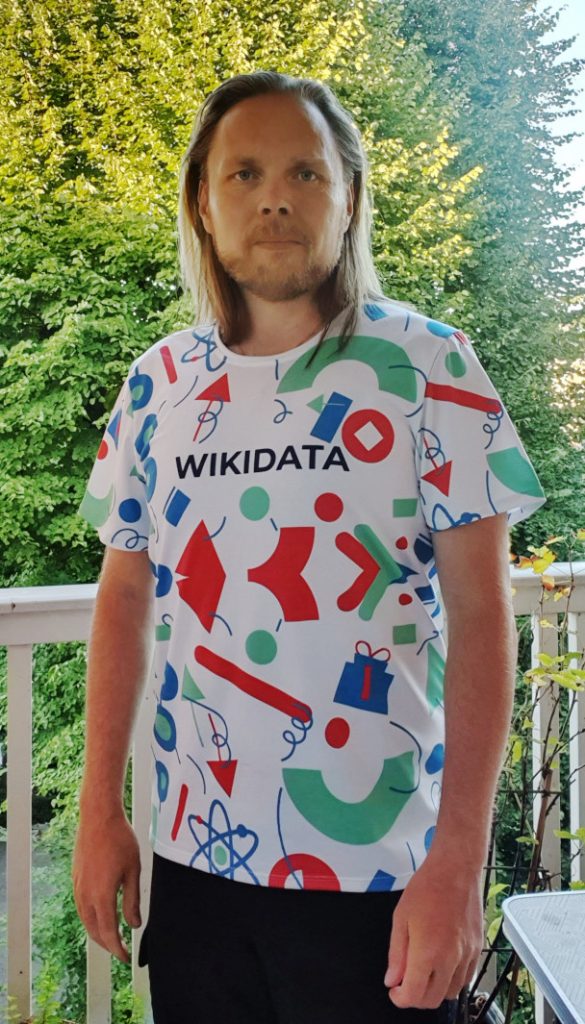
Planning is underway worldwide for Wikidata’s tenth anniversary (October 29) and opportunities to apply for funding to host local events have been announced. It was when another such reminder came that I started thinking about whether I should pull something together here where I live, and if so, what I would need money for. One thing that was mentioned was that they would not make any merchandise centrally and send it around the world, but instead had put together graphics so that you could do it yourself instead. Since there were nice SVG files, I thought it would be possible to make some nice t-shirt printing.
And when one of the background images had a particularly graphic pattern, the idea of a t-shirt with “all over print” sprung to mind. All said and done, I also downloaded the logo, started tinkering and looking for suppliers. After some hard work, the SVG files were complexly constructed, I at least had both print files and supplier. 33 euros and a week later, voilá! The files I used for the print can be found on Wikimedia Commons.